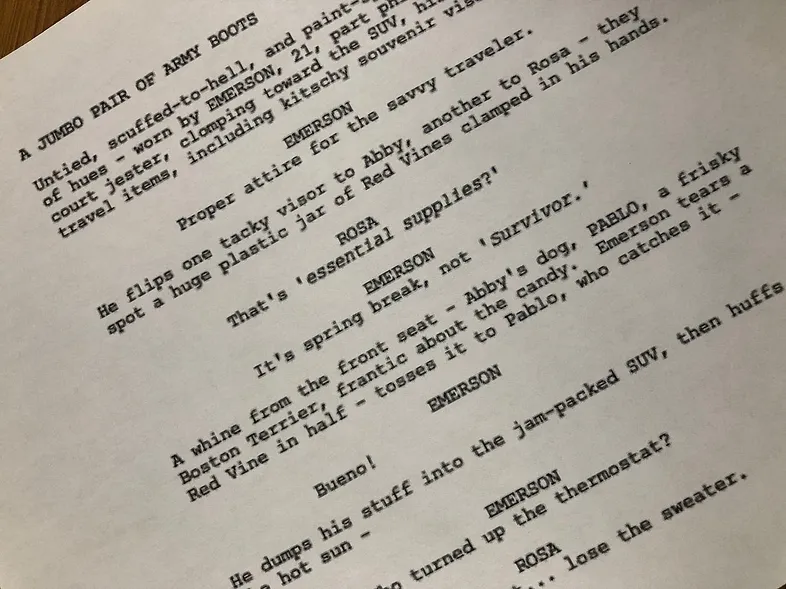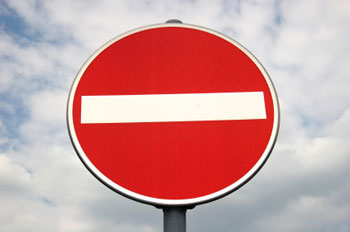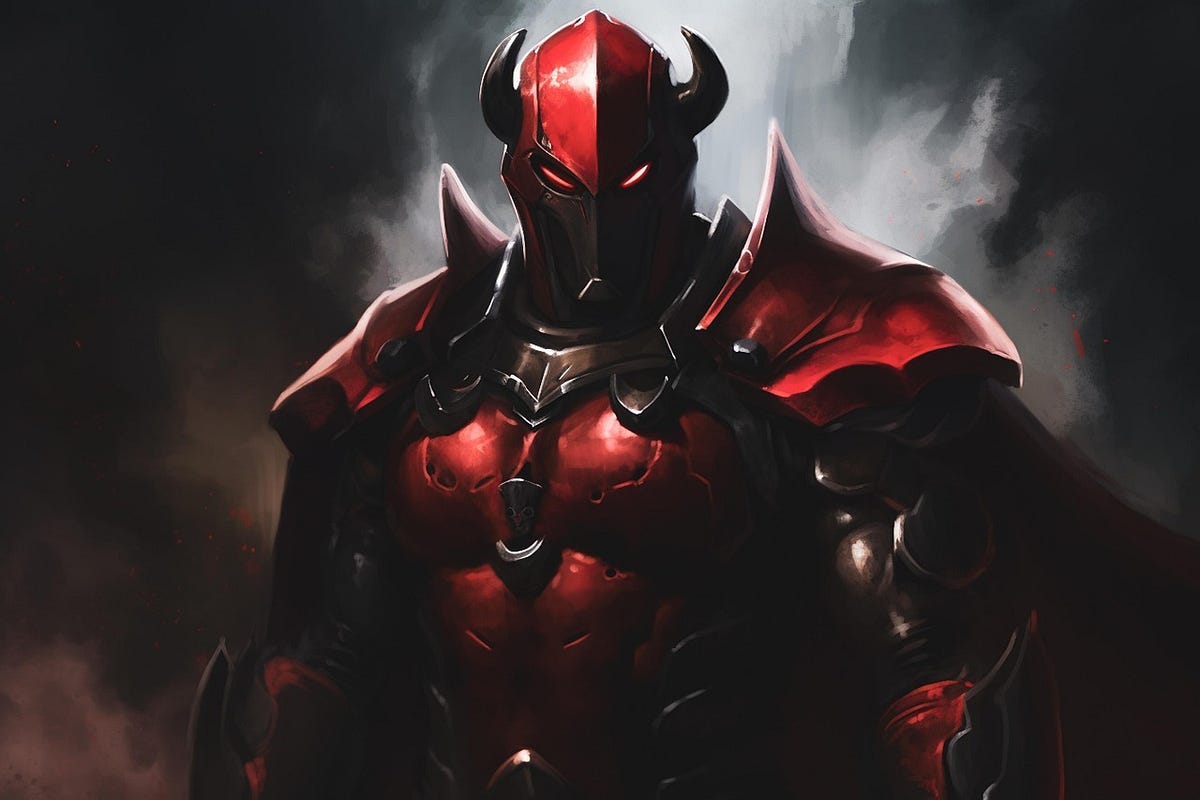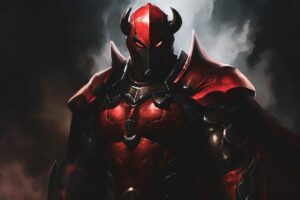
Exclusive Interview: Jennifer Crystal Reveals the Shocking Inspiration Behind One Tick Stopped the Clock
Ever wondered how a single tick bite can spiral into a 13-year odyssey of illness,…
The Surprising Playbook Footballers Use to Master Writing—And How You Can Too
Ever watch a footballer tear it up on the pitch and wonder how in the…
Step Inside Shannen Wrass’s World: A Poem That Reveals Hidden Truths You Won’t Forget
Ever found yourself staring at the edge of an empty tear duct, wondering if sorrow…
Unveiling Dark Whispers: The Haunting Truth of “I Am An Old Scratch”
Ever find yourself tangled in the wilderness of a mind that’s part enigma, part restless…
Unlock the Dark Secrets Behind Creating Villains Readers Can’t Forget in Just Five Steps
Ever wonder why some villains haunt us long after we close a book, while others…
Unveiling the Secrets of Mother Ocean: A Poetic Journey by Robert Zumbrun
Ever wonder how a poem could mimic the wild tangents in your brain, all while…
Unlock Secret Writing Promotion Hacks Shy Writers Swear By!
Ever wonder if it’s possible to promote your writing without turning into the loudest voice…
Can You Crack This Week’s WritersWeekly Trivia Challenge? Test Your Knowledge Now!
Ever wonder why some contests just grab your attention while others fade into the background?…
Unlock Hidden Remote Writing Opportunities You Won’t Find Anywhere Else – July 10, 2025 Edition
Ever wondered if you could craft a compelling short story, not in days or weeks,…
Unveiling the Hidden Truth: The Spellbinding Secret Within G. S. Katz’s Poem
Isn't it fascinating how a few words can ignite a wildfire of passion, setting our…









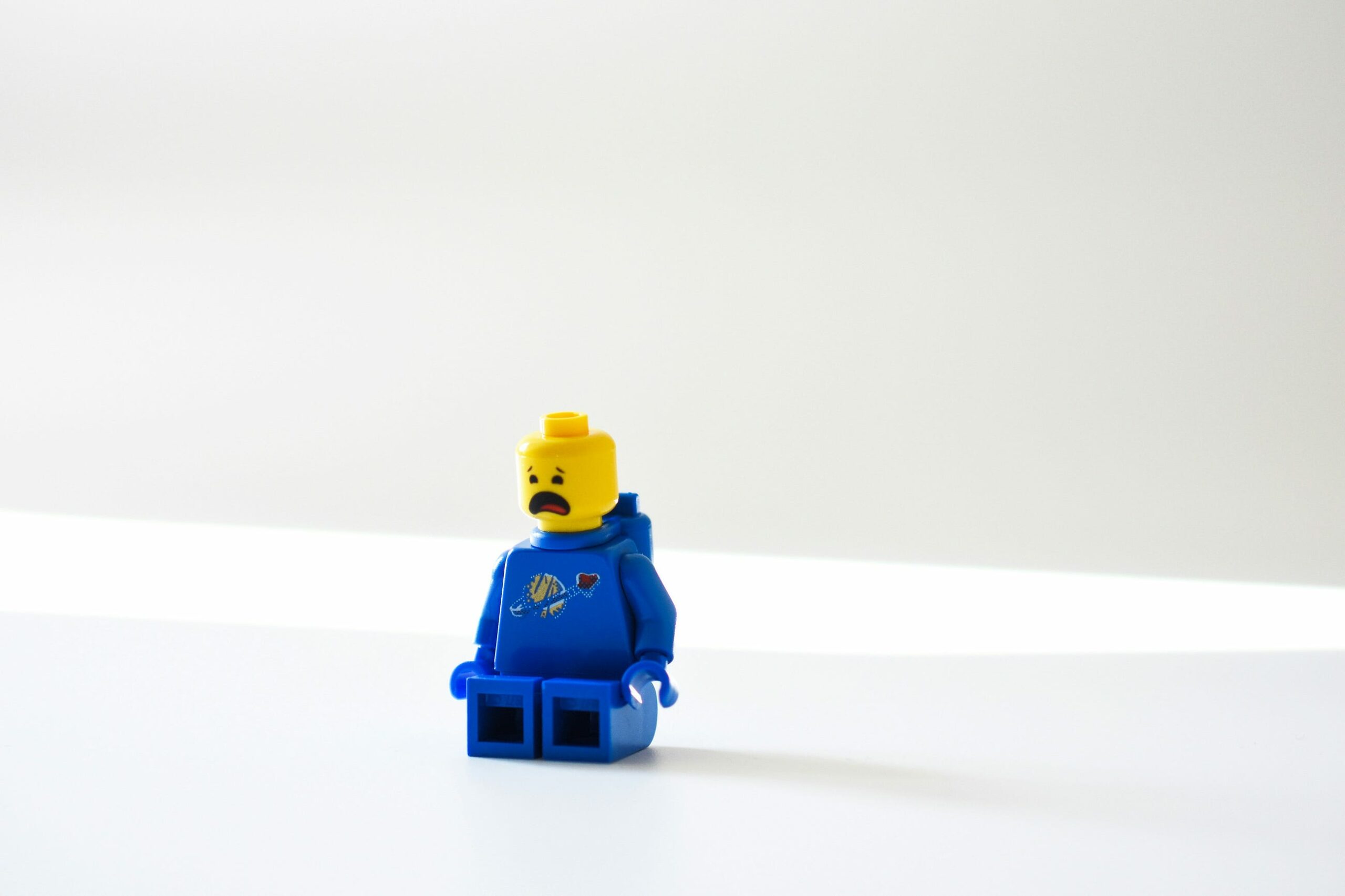
![Unlock Hidden Ecommerce Profits: Master SEO Audits in 4 Simple Stages [+ Free Workbook]](https://writersdepot.org/wp-content/uploads/2025/07/unlock-hidden-ecommerce-profits-master-seo-audits-in-4-simple-stages-free-workbook.png)

